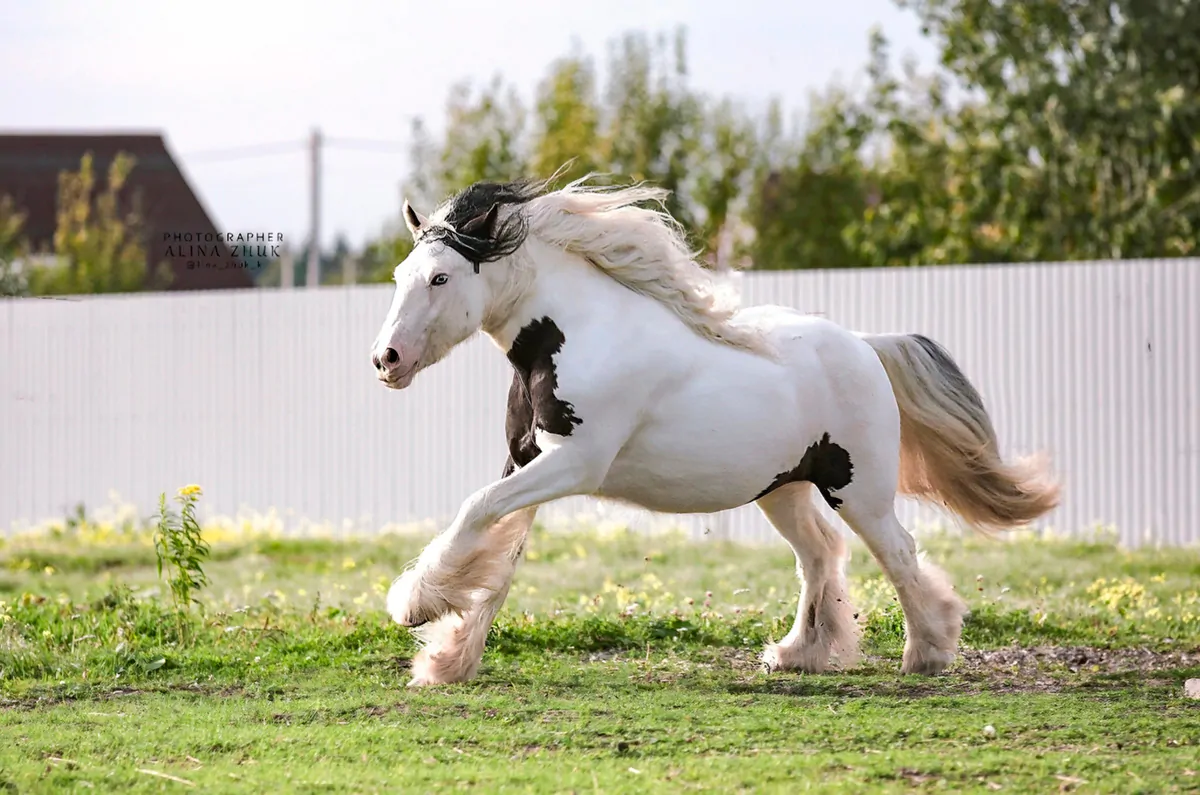Experts shared the technologies of reproduction of sports horses
Under the sanctions conditions, the use of new technologies in horse breeding becomes increasingly relevant. The issue was discussed at the Session «Breeding of sports horses in Russia. Reproduction Technologies», which took place on June 8, in St. Petersburg, at the 25th International Equestrian Exhibition «Hipposphere 2024».
In recent years, in Russia, the demand for artificial insemination of horses has been growing, said Anna Nizhebovskaya, a veterinarian-reproductologist of the Russian Equestrian Sports Federation, Head of the Horse Reproduction Centre. But this technology is still less common than it was in the Soviet period.
«In 1953, the record for insemination of horses was broken. In the USSR, by using this method, about 500 thousand young horses were inseminated, which was 70% of the total livestock. At present, it is about maximum 200–300 heads to be artificially inseminated», explained Anna Nizhebovskaya.
Participants in the event stressed that this method is more efficient and safer than live mating of horses. It also makes it possible to supply genetic material to remote areas of Russia where there are no stallions with good potential. Moreover, according to the experts, the cost of artificial insemination is economically affordable. It amounts to 21 thousand rubles, and, even given additional costs for buying sperm, training and maintaining a stallion, the expenses are comparable to the monthly ones for lodging, feeds and veterinarian services.
The speakers agreed that the sanctions and closing the borders have had the negative impact on importing the biomaterial, This process has become more complicated, and its cost has increased significantly, said Aleksander Sidorenko, the founder of «ALIR Embryos».
«The opportunity for bringing stallions and mares also remained, but it costs three times more expensive. Moreover, if it used to take a week, now it takes from one and a half to two months, because of strict quarantine among other reasons», he commented.
Aleksander Sidorenko is sure that, under these conditions, it is unrealistic to bring a mare abroad, for ICSI (IntraCytoplasmic Sperm Injection), because it is more profitable to purchase a foal. The technology of ICSI and transferring embryos will develop within the country: there is no other way in terms of breeding, he explained.
«In 5 years, the ICSI will become a routine operation. Previously, it was treated with misunderstanding, but now everything is changing», agreed Anna Nizhebovskaya.
Another problem to have arisen due to the sanctions is the lack of reproduction equipment. There is no full-fledged replacement for supplies from Western countries yet, since Chinese analogues are inferior to them in quality.
For more efficiently organizing the reproduction process, experts suggested starting to train specialists in the regions. For example, in Crimea, there is the horse reproduction centre, but, due to the lack of experience on the peninsula, it is logical that the centre should be supervised from other regions.
«The horse reproduction centres should turn into the institution that will have information, carry out selection, recommend reproduction, evaluate the offspring received. Over time, at breeding farms, by analogy with breeding organizations among dogs, this function will pass to those, who directly do the work», noted Olga Zibreva, a dressage judge of the All-Russian Category, a member of the Veterinary Committee of the Russian Equestrian Sports Federation.
Besides, the experts are convinced of the need for tightening the regulation of horse reproduction. Unlike cats and dogs, no special license is required for their breeding at home. As a result, no one keeps track of who and when pedigreed horses breed with. Such «barn reproduction» leads to the birth of not completely healthy offspring.
The session participants also raised the issue of the standards available for assessing sports qualities of stallions in Russia. According to Aleksander Sidorenko, in our country, there are currently no appropriate korungs (testing of young stallions, with issuance of preliminary breeding licenses), for the purpose of assessing stallions by the professional jury, following the example of Europe.
«There are some tournaments where you can watch a horse jumping or running, how it performs. But these are just individual events, and at present, there is no structure conducting korungs 3 times a year. We tried to develop this area and attract European specialists to conduct the assessment, but, unfortunately, they could not get a visa», noted Aleksander Sidorenko.
Evaluating sports qualities of stallions involves the large complex of exterior assessment, statistics of working qualities, the probability of cooperation with a person, as well as consolidation of the above in the offspring, Olga Zibreva listed.
On June 5, as part of the SPIEF-2024 Business Program, the annual discussion track «Equestrian Discovery», organized by the Roscongress Foundation, started, with two unique discussion sessions on horses’ welfare and reproduction to be held today. The equestrian world is experiencing the economic shake-up, switching to import substitution. We invite experts to the annual discussion track, which, we hope, will finish with objective and practical solutions at the SPIEF-2025. The materials of the sessions will be available in recordings, as well as the recordings from major events of «Roscongress».

 Calendar
Calendar
 Online application
Online application
 Map
Map
 How to get
How to get



